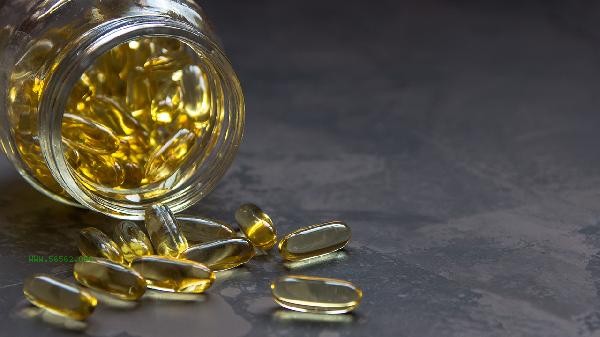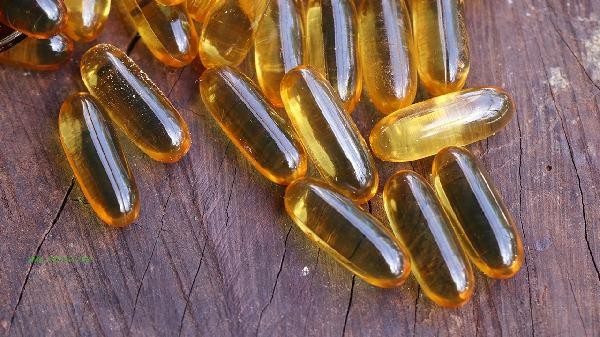Stomach bloating can generally be treated with vitamin C, but it is necessary to determine whether it is suitable for supplementation based on specific reasons. Vitamin C does not directly cause bloating to worsen, but excessive intake may irritate the gastrointestinal mucosa. Abdominal distension may be related to factors such as indigestion, gastrointestinal dysfunction, food intolerance, imbalance of gut microbiota, chronic gastritis, etc.

Vitamin C, as a water-soluble vitamin, can be supplemented in moderation to enhance immunity and antioxidant capacity. For the general population with abdominal distension, 100-200 milligrams of vitamin C per day usually do not worsen symptoms, but it is recommended to take it in portions with meals to reduce irritation to the stomach. If bloating is caused by excessive stomach acid or gastritis, high-dose vitamin C may temporarily increase stomach acid secretion, and caution should be taken when supplementing. When some people experience bloating due to lactose intolerance or poor fructose absorption, it is important to pay attention to whether vitamin C supplements contain excipients such as lactose or sorbitol. If patients with irritable bowel syndrome are sensitive to acidic substances, taking vitamin C on an empty stomach may induce abdominal discomfort. Long term high-dose supplementation of vitamin C in patients with chronic gastrointestinal diseases may affect iron absorption or lead to osmotic diarrhea.

During bloating, it is recommended to choose vitamin C from natural food sources, such as kiwifruit, oranges, and other fruits, which can not only supplement nutrition but also provide dietary fiber to help alleviate constipation type bloating. Avoid consuming carbonated beverages and high fiber foods simultaneously to reduce the possibility of gas production. If abdominal distension persists for more than 3 days or is accompanied by symptoms such as vomiting and bloody stools, it is necessary to seek medical attention promptly to check for organic diseases such as intestinal obstruction, rather than self supplementing nutrients. Daily abdominal massage and moderate exercise can promote gastrointestinal peristalsis and improve functional bloating.




Comments (0)
Leave a Comment
No comments yet
Be the first to share your thoughts!